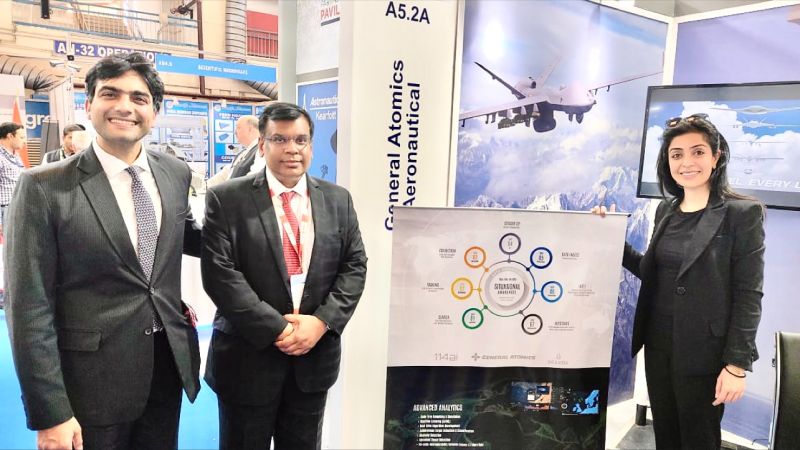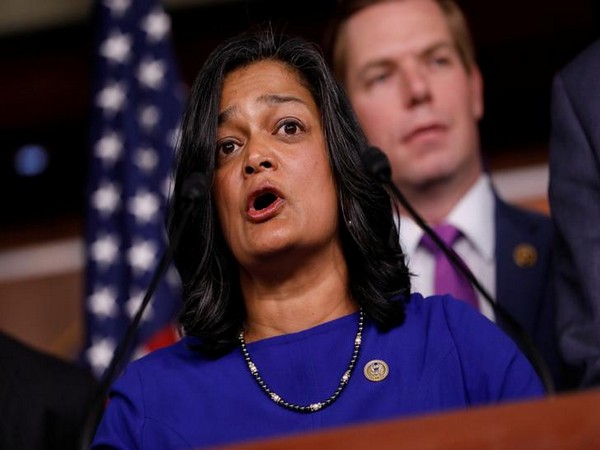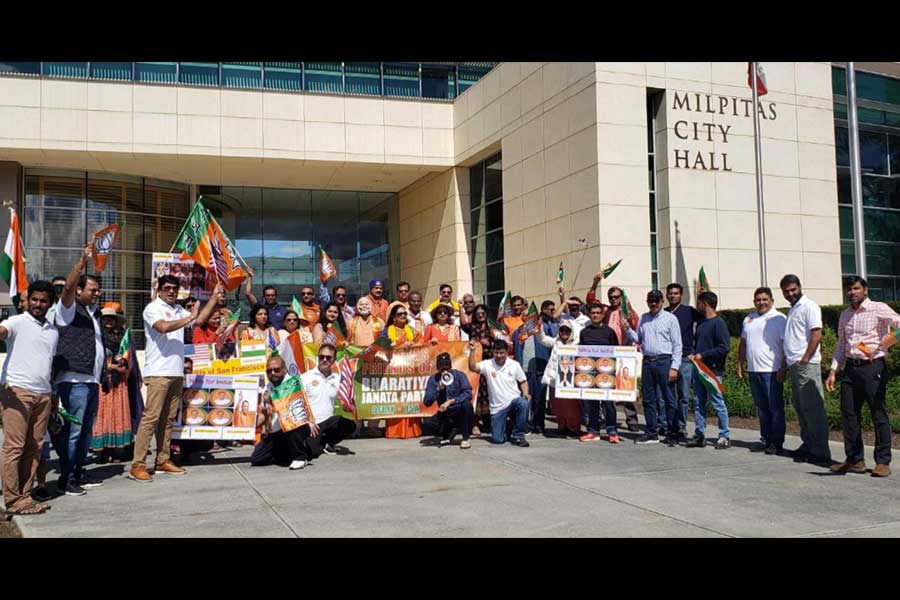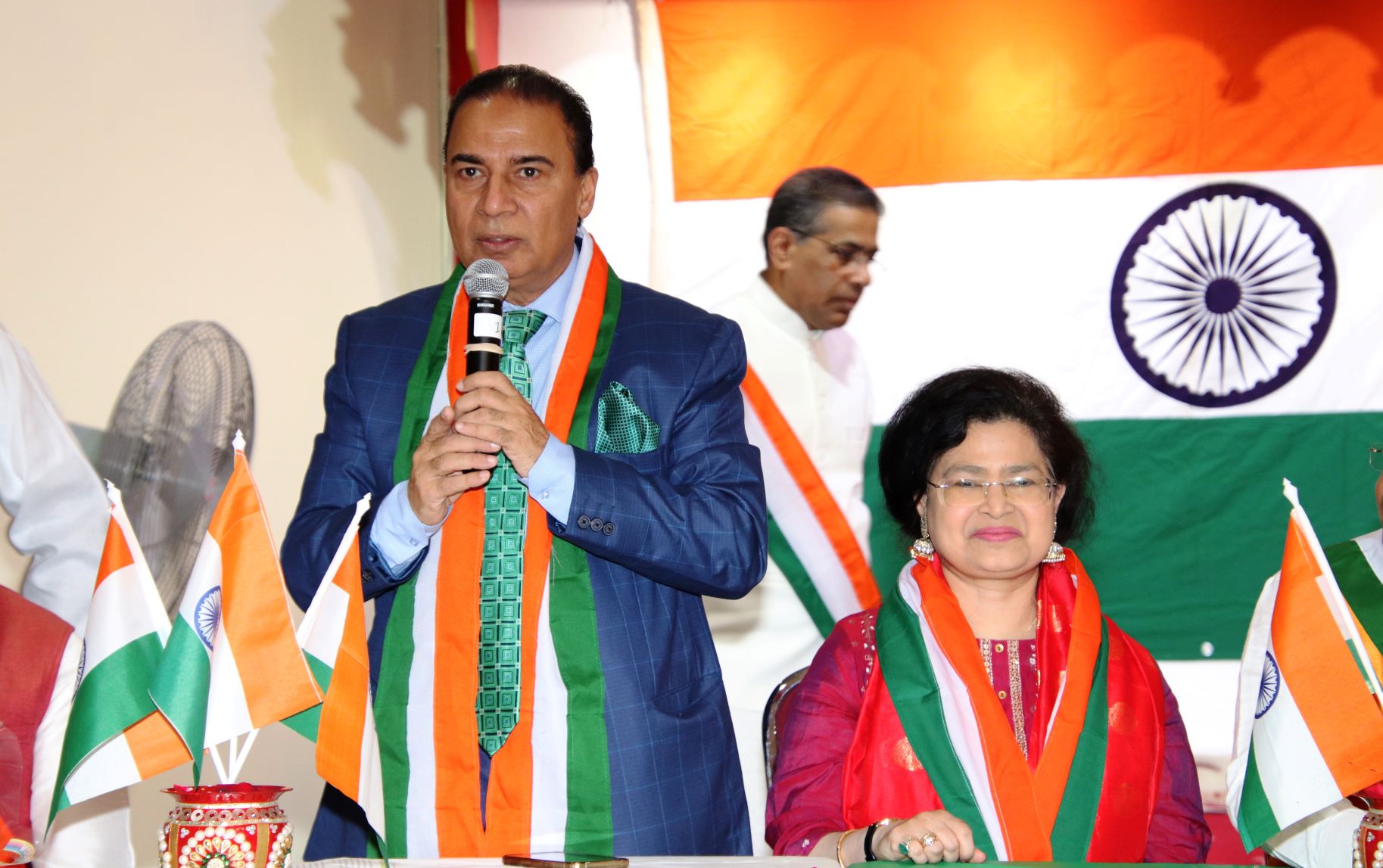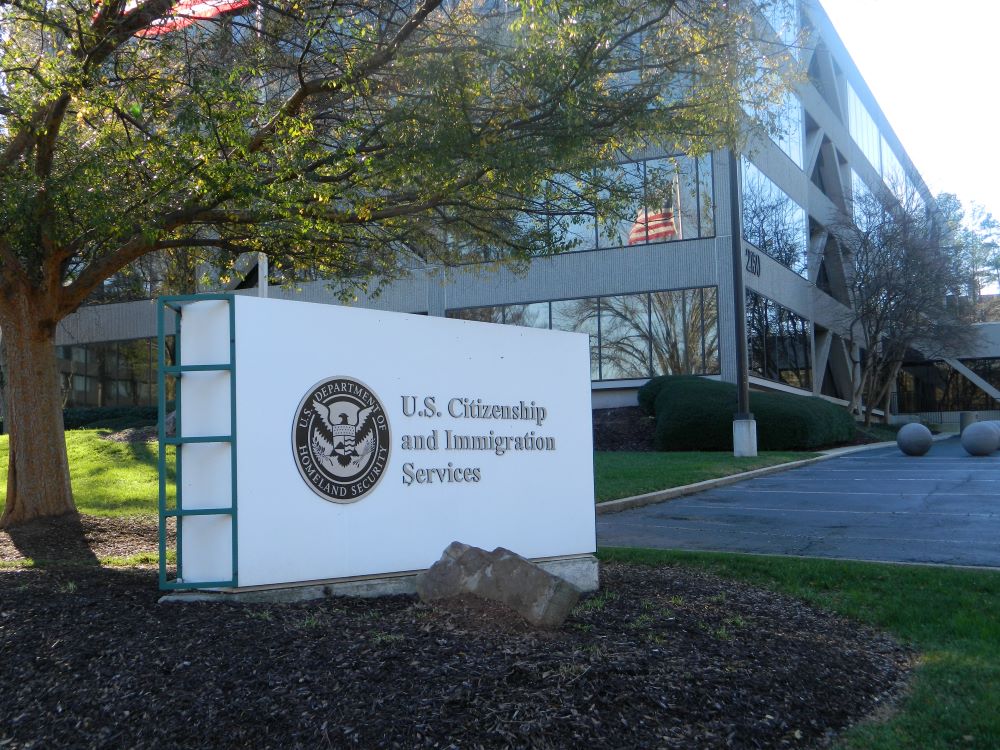These CRADAs are part of a Biden administration initiative to promote joint technology development with India
Our Bureau
Washington
The Air Force Research Laboratory recently announced new Cooperative Research and Development Agreements, or CRADAs, between the U.S. Space Force and two Indian startups. These are the Space Force’s first CRADA with non-U.S. companies.
The agreements involved are with artificial intelligence startup 114AI, which builds dual-use software for space domain awareness, and 3rd Itech, an imaging sensor supplier, and developer of computer chips, integrated circuits, and other semiconductor technologies.
“I have had the pleasure of meeting with many companies and universities while in India and am consistently impressed by the talent of the country’s engineers and scientists, and eagerness to collaborate with our Space Force,” said Merrick Garb, commercial, civil, and interagency partnerships branch chief at the Global Partnerships Directorate of the U.S. Space Force.
He said the agreements with 114AI and 3rd Itech seek to “advance the state-of-the-art in space domain awareness and Earth observation sensor technologies.”
The two agreements come following the landmark June meeting between US President Joe Biden and Indian Prime Minister Narendra Modi, during which the two sides launched the India-U.S. Defense Acceleration Ecosystem (INDUS-X), to promote cooperation in the defense industry and technology sharing.
Even while this may be the first CRADAs between the two Indian space startups and the Space Force, neither of the companies is unfamiliar with the US space market ecosystem. Before this, both companies established partnerships with San Diego-based General Atomics-Aeronautical Systems (GA-AS).
“This CRADA represents a significant step forward in our quest to push the collaborative boundaries of space technology,” said Wellesley Pereira, mission area lead for space information mobility at AFRL’s Space Vehicles Directorate.
















